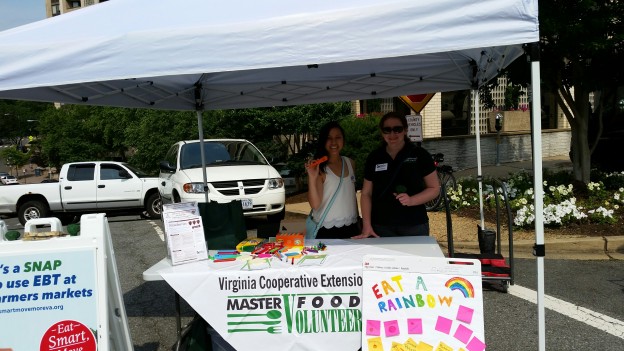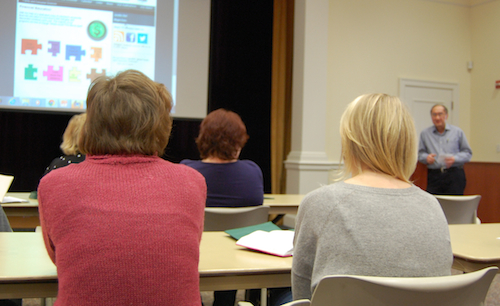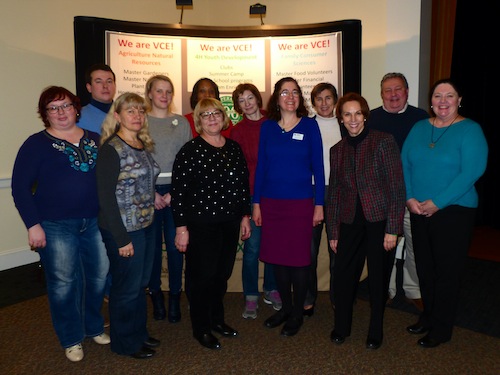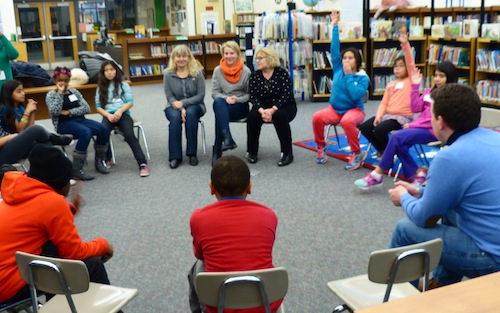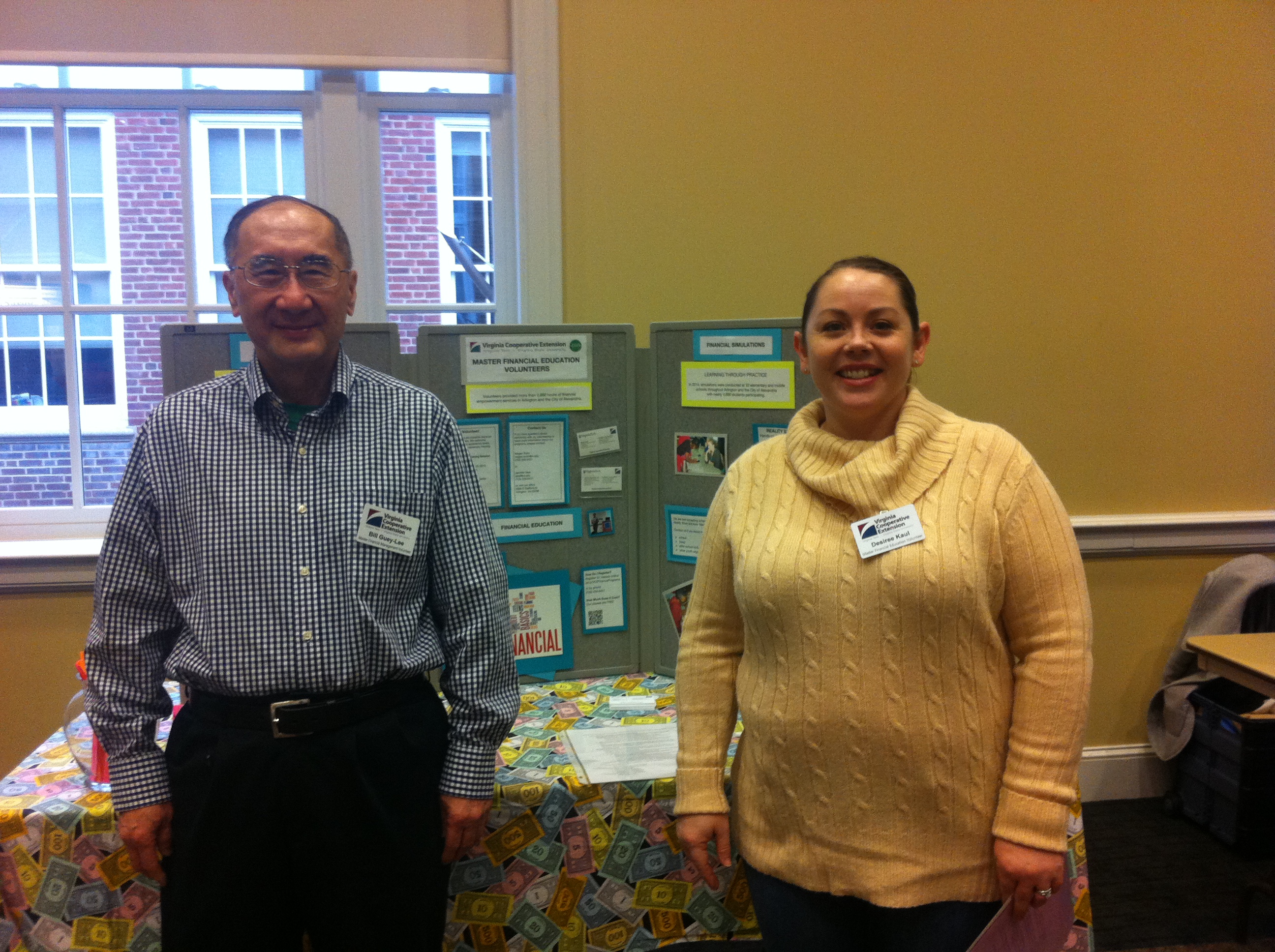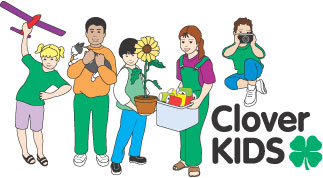By Kate Nixon, Master Financial Education Volunteer
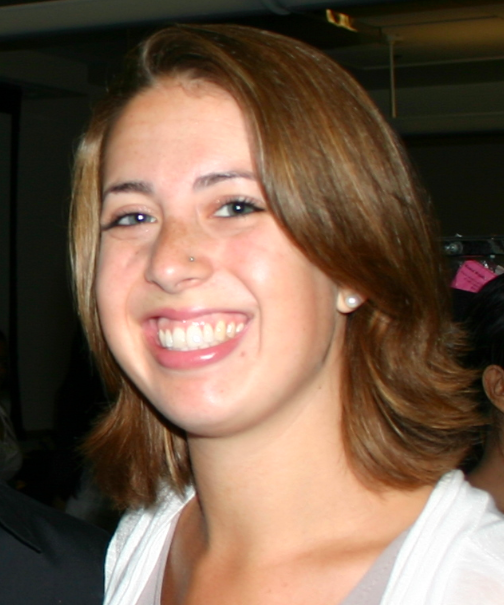
Kate Nixon, Master Financial Education Volunteer
I was interning at a marine biology lab when I first realized I desperately needed an emergency savings fund.
I was having a blast, eating free seafood. But I was just squeaking by financially. I had saved only enough to pay for application fees for graduate school.
Then I had unexpected medical bills. I had no health insurance and no extra savings. Thankfully I was able to save enough to cover the medical costs by the time the bills were due.
The medical tests came back negative, but the health-related relief was soon replaced with money-related worries. In the next few months I had to: pay for the cross-country drive to my new school, set up a new apartment and fix the air conditioning in my car.
After the internship ended, instead of spending my free time with family before leaving for graduate school, I picked up a temp job doing data entry. Typing numbers for 8 hours a day was awful. That summer taught me an important lesson — emergencies are going to happen. I can go into debt to fix them. I can spend a beautiful summer typing numbers in a cubicle all day. Or, I can prepare so I can handle emergencies when they come.
When I finished graduate school I landed a great year-long fellowship. I knew I had an end date to my employment, and I didn’t want to be desperate for money when job hunting. Even though I wasn’t making a lot, my top priority for the year was building an emergency fund.
Because I had a federal fellowship, I was able to put my federal student loan payments on hold for the year while I built up my savings. I channeled the money that would have gone to student loans into a savings account. I was aggressive about saving. I automated the system so that every time I got a paycheck, I automatically put a chunk into my savings. I never looked at it as “spendable” money.
Things were still tight, but I stuck to a budget and managed to save a fair amount — and good thing I did! During that year a few emergencies came up, and I was able to pay for the expenses with my savings rather than put them on my credit card. When my fellowship ended, I was able to pay the bills and take some of the stress off while I was looking for jobs. When I found a new job, I went right back to building up my emergency fund.
I should have 3 months of expenses saved by this December. It will have taken me almost 2 years to save that amount, but it actually wasn’t that bad. By automating my savings and choosing a generous but realistic amount to save each month, I have managed to build an emergency fund without eating ramen.
I have already needed to use my emergency fund. I am grateful to have that money socked away for emergencies, and more importantly, for peace of mind. I used Mint to track my progress, and it is great to get a visual reminder of how I am working toward my goals.
I am looking forward to checking the box of having a completed emergency fund. I know that as unexpected expenses arise, I will have to keep replenishing the account. I will probably have to adjust the amount I save as my expenses and family grow. For now, I am thankful I have a cushion in case I need it. Emergencies happen, but it is a wonderful feeling knowing that I can afford to fix them — a feeling that was well worth saving up 2 years for.
Kate Nixon became a Master Financial Education Volunteer in September 2014. She also writes the Twenties in Your Pocket blog.

